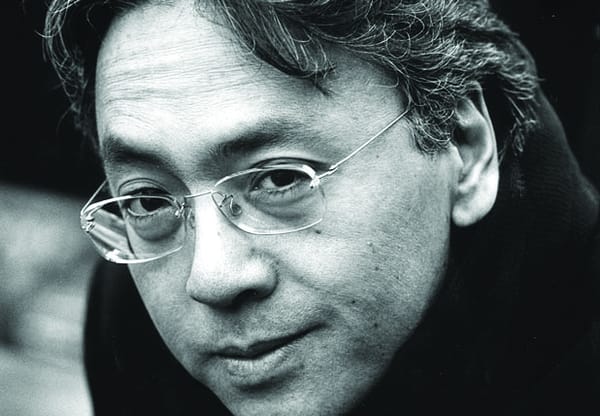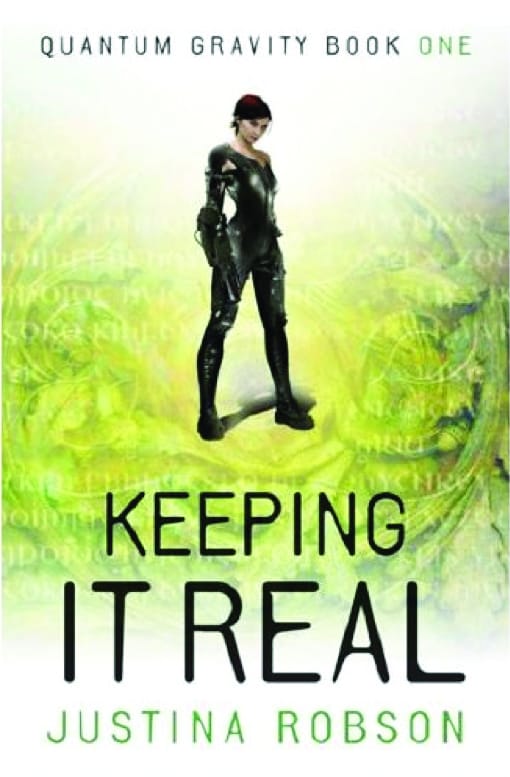Some of the best science fiction you’ll ever read
A look back at Ender’s Game – Orson Scott Card’s first great masterpiece
Orson Scott Card’s Ender’s Game is widely regarded as one of the greatest classics of the science fiction genre but I didn’t get round to reading it until last summer. Having read it, I have to say that the hype was fully justified and that it is, in fact, one of the best science fiction books that I have ever read. While it may be a cliché to say so, I was really hooked from the first page and was left wanting more after I’d finished.
The novel focuses on Andrew ‘Ender’ Wiggin, the result of a selective breeding programme which means that, despite his preteen age at the start of the book, he is exceptionally mature and intelligent.
It follows his training at the orbital Battle School as he is trained to lead Earth’s International Fleet against invasion from the insectoid Formics, which have attempted to attack the planet twice before.
The universe of the novel is richly detailed and believable. While the main focus of the book is on Ender, the political situation on Earth, explored through both the actions of Ender’s equally intelligent siblings, Peter and Valentine, and the interactions of his superior at the Battle School, Colonel Graff, with his colleagues, forms a fascinating backdrop that is vital in understanding why Ender is put through the trials that he is.
Ender's Game is, in many ways, close to perfect
While it may be a small point, I particularly liked the Greek titles of Hegemon, used for the leader of the unified Earth, and Strategos and Polemarch, used for the leaders of the International Fleet. While this doesn’t really affect the story it does give the book an interesting and unusual flavour and does somewhat help it to stand out.
The real achievement of Ender’s Game, however, are its characters. Every one of the main players in the book is very well developed. It’s saying something that I’m hard pressed to call anybody in the book, even the initially sinister Graff, a villain. In the end the novel comes off as an exploration of the tragic consequences that can result from a lack of communication. I’d like to say more, but I’m afraid that it would spoil the fantastic ending.
I have heard some complain that they find it hard to believe that a character as young as Ender could be so skilled and intelligent. I personally don’t find this too much of a problem – I’m perfectly happy to accept the explanation of the selective breeding programme. I also think that this is a part of the story that is very necessary, with the youth element being crucial to the theme of lost innocence having as much of an impact as it does. I certainly don’t think that many seasoned science fiction readers will have much trouble suspending their disbelief on this point.
I would thoroughly encourage everyone to read this book. It is, in many ways close to perfect. Indeed after reading it I held off from looking at any of the sequels or prequels, knowing how much weaker sequels can devalue a brilliant original (I’m looking at you, Dune). I have, however, just picked up Speaker for the Dead, the next book in the series. I’ve heard good things about it and the fact is that even if it’s a fraction of the quality of Ender’s Game, it’s going to be a brilliant book.







